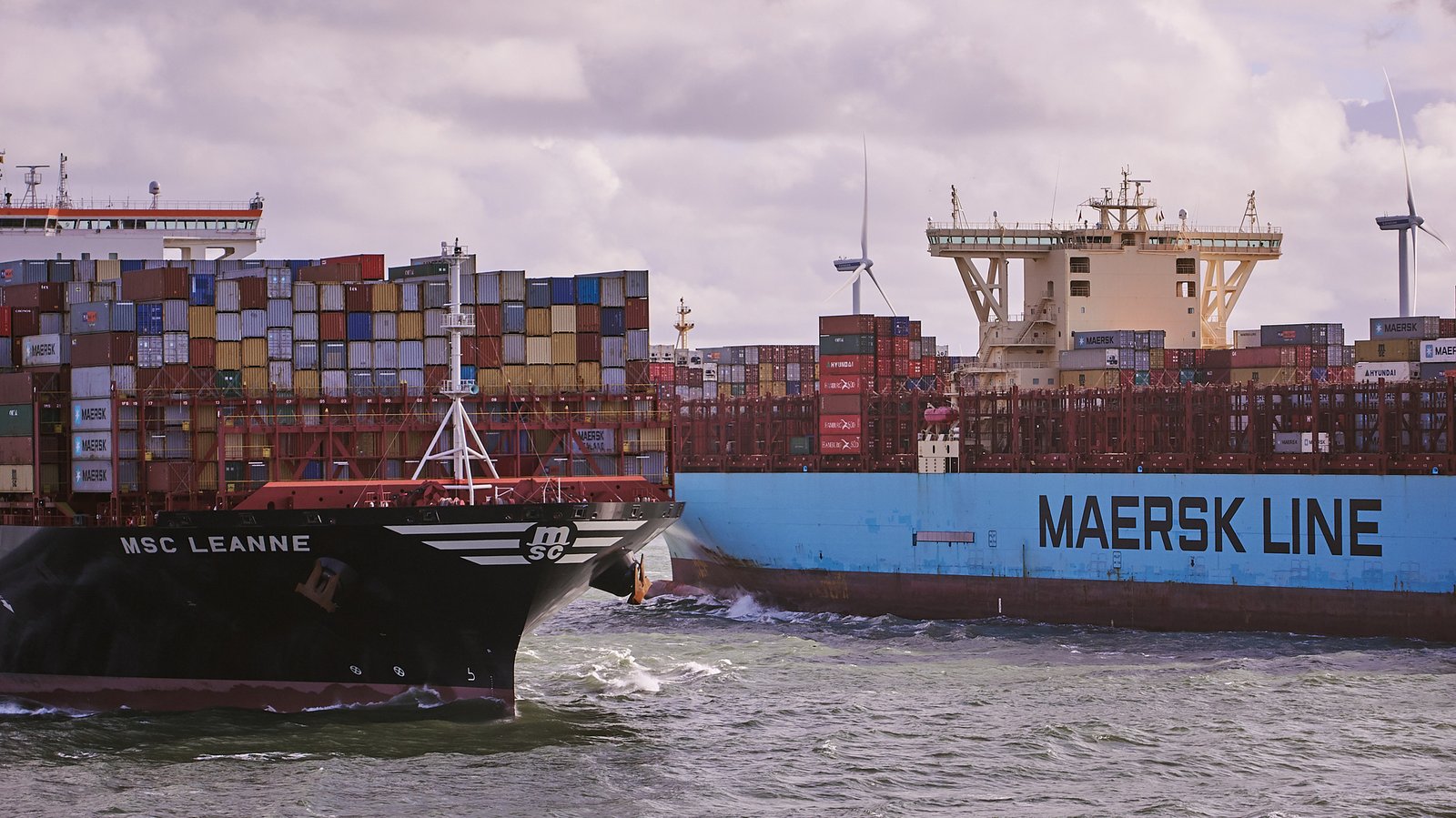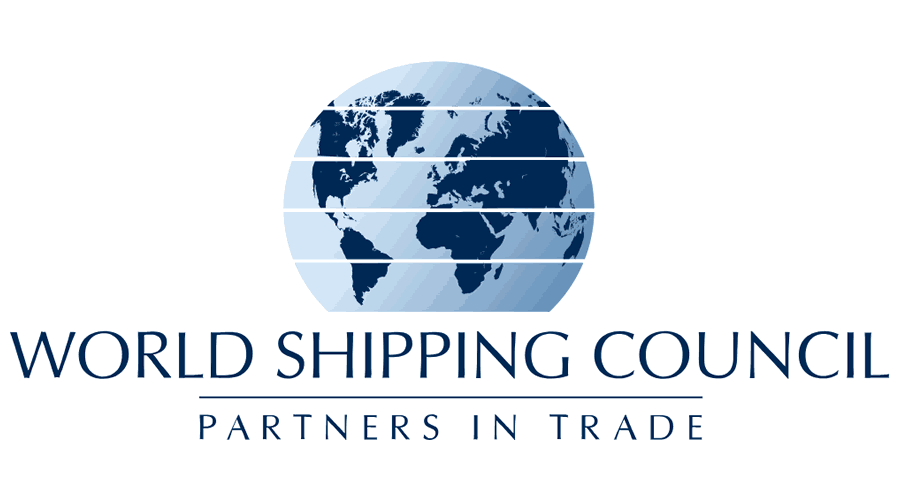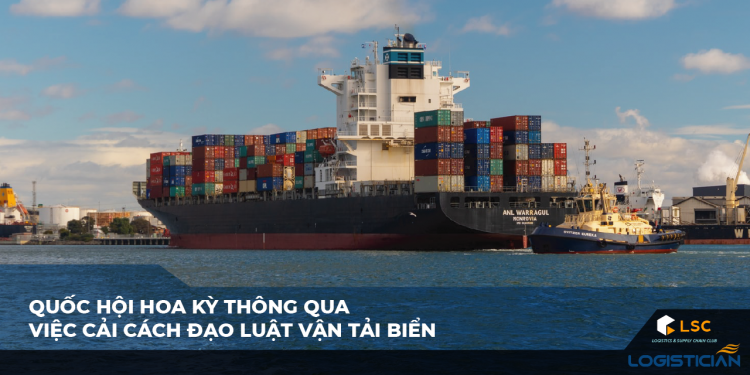HIGHLIGHTS
- According to some experts, the serious congestion problem is the result of consolidating many ocean carriers into a handful of larger ocean carriers.
- Every link in the supply chain is under great pressure, from seaports to transporters, as well as trains and warehouses.
- The Shipping Reform Act of 2021 establishes minimum contractual conditions for ocean freight service agreements and shifts obligations in legal proceedings away from shippers and container routes.
FULL ARTICLE
American Shipping Act
The Ocean Shipping Reform Act of 2021, introduced by Reps. John Garamendi, D-Calif., and Dusty Johnson, R-S D., establishes minimum contract requisites for ocean carrier service agreements and transitions the burden of proof in regulatory proceedings away from shippers and toward container lines. Additionally, it requires ocean carriers cannot refuse export goods that can be loaded safely and in a reasonable amount of time.
Cargo merchants had urged the US Congress to act to amend the rules and function of the Federal Maritime Commission (FMC) and claimed that congestion, delays, increasing costs, and a lack of equipment at US seaports have caused significant disruption to the ocean shipping network.

This new attempt comes in response to numerous complaints filed with the FMC by shippers alleging carriers engaged in unfair trade practices and imposed inflated costs. While the FMC has voiced worry about market circumstances, representatives of shipping companies immediately criticized these new legislations.
Some opposing opinions
According to some experts, the severe congestion issue was the result of the consolidation of shipping into a handful of ocean carriers, which removed the rivalry that existed for numerous years previous and hence the mutual regulation.
Besides, the World Shipping Council (WSC), an advocacy organization for container shipping, claimed the new legislation was defective. According to the WSC, liners are not entirely responsible for existing supply chain bottlenecks, and the law is infused with fundamental unfairness.

Congestion in the supply chain is common. Every link in the supply chain is under severe pressure, from maritime ports to truckers, rail trains, and warehouses. It is implausible, inequitable, and counterproductive to attempt to solve all the supply chain problems by regulating just one class of supply chain participants-ocean carriers, the WSC hit back, implying that the law was designed to benefit shippers incommercial disputes.
Some analysts said that Congress should stop and consider the impact of the law on trading partners. For the US economy, a protectionist race to the bottom in maritime transportation regulation is not a viable approach.
Phan Quyen
FURTHER READING
UK begins process to join Asia-Pacific trade bloc













